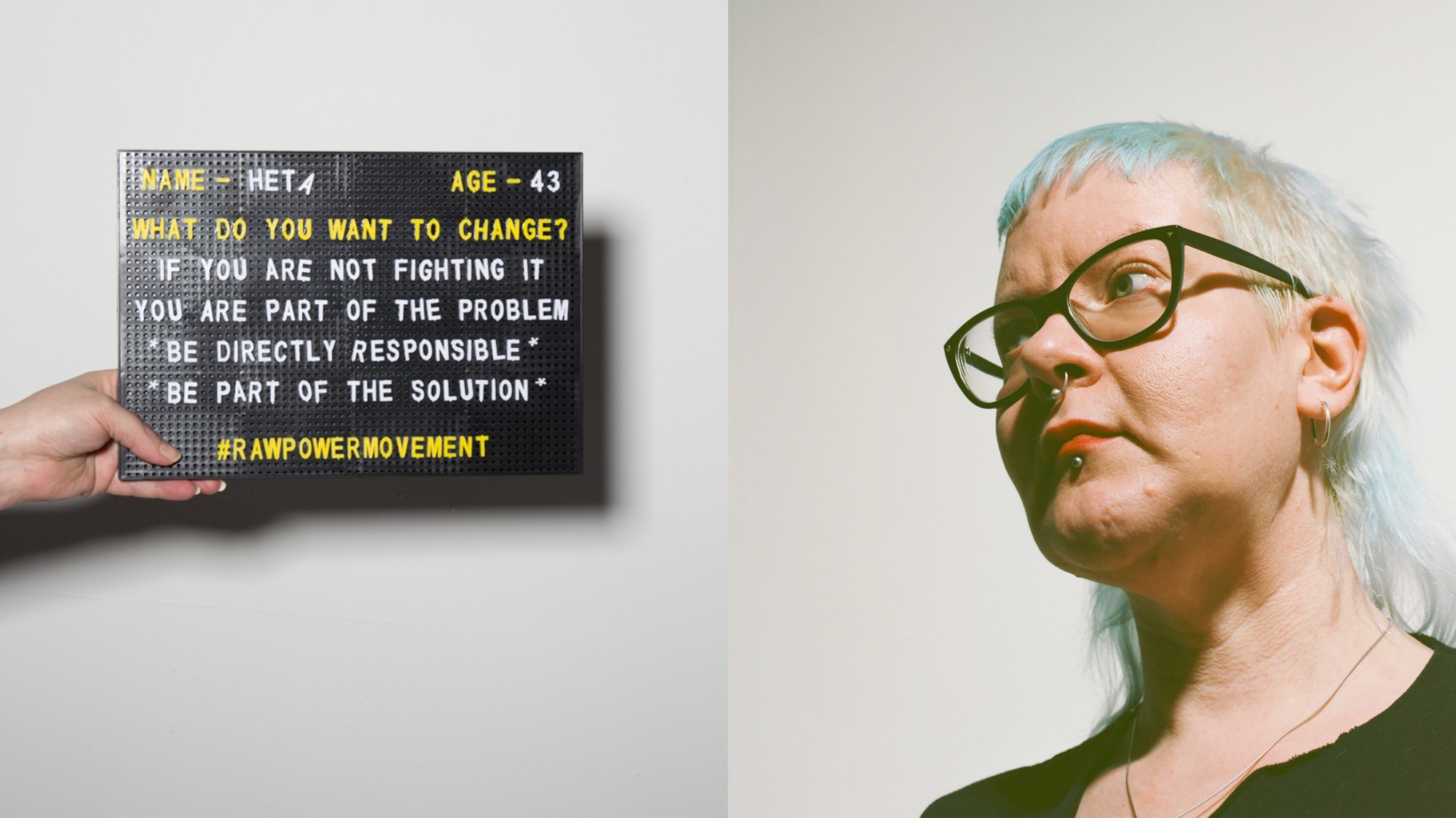In today’s uncertain, and often politically miserable times, it’s understandable that we should all want to be more active in challenging the status quo. But when everything seems to be going wrong, it’s also understandable that it can be hard to find out where to start. Luckily for us, Raw Power is here to help with that.
The new non-profit and non-party affiliated movement began as an organisation dedicated to challenging the creative industries to do more. They want to enable people who are angry and motivated — but might be put off by huge, established activist networks — to become more politically aware and engaged and connect them through skill-swaps, workshops, exhibitions and events.
There are a lot of organisations out there doing a lot of good, but Raw Power is the movement uniting them and leading creative forces. Quite simply, they’re bringing power to a new generation of activists. Join i-D as we meet to some of the members of that upstart community — shot by Craig Bernard in collaboration with SHOWstudio — and speak with the movement’s founding members: Nusrat Faizullah, Heta Dobrowolski and Carson McColl.
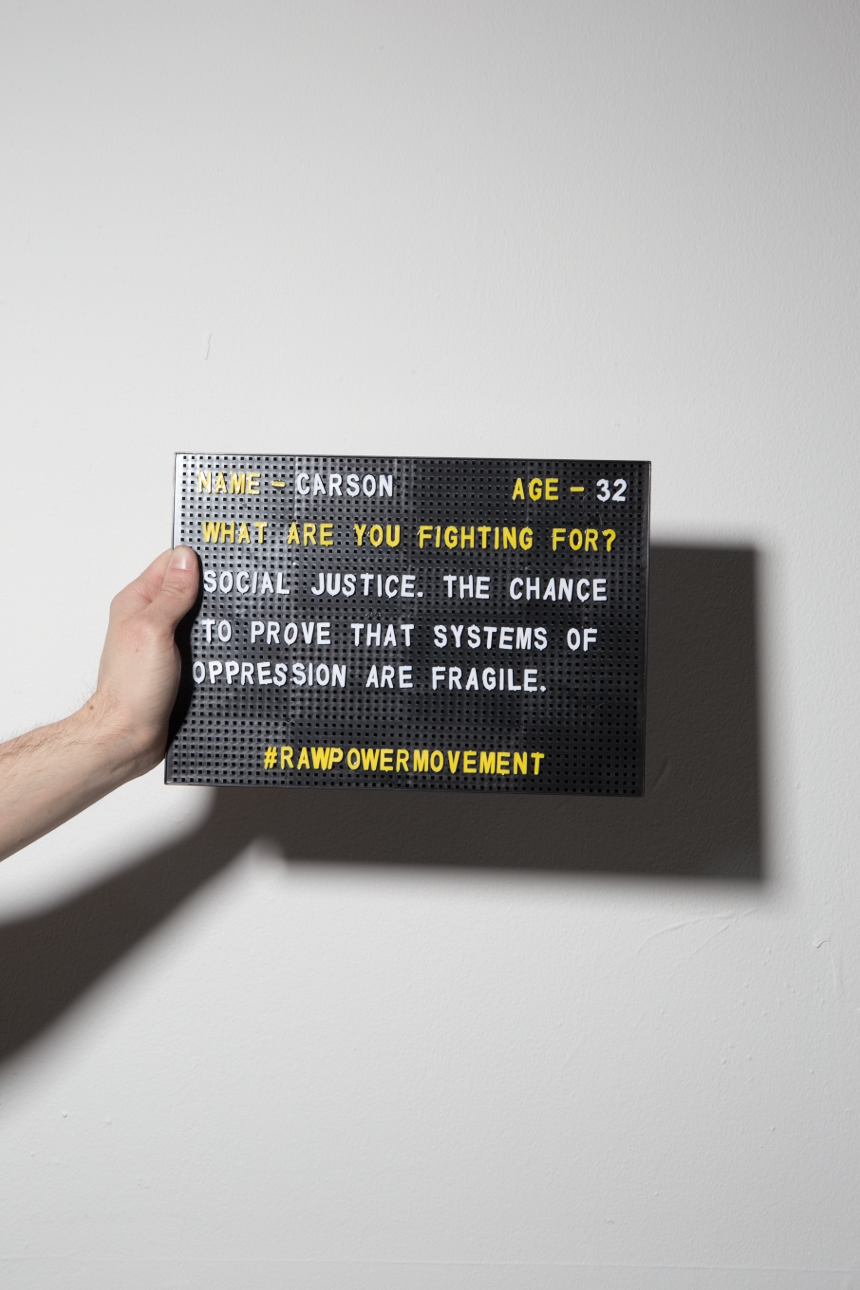
Who are Raw Power Movement and what do you do?
The Raw Power Movement are an ever-growing community of people, from radically different backgrounds, who are coming together to fight against social injustice and systems of oppression in any way we can. The name of the movement is based on the idea that everyone has something to offer. No matter who you are, or what you do, or how much experience you have – each of us possesses the raw materials to fight the good fight and to contribute to a positive resistance.
How did you decide to come together?
We met in early 2017 amid a vast wave of progressive energy that was sweeping through culture. So many seemingly insane social and political events had taken place in the preceding months. It’s a cliché to say it now, but it was as though a veil had been lifted, or violently ripped away, with systems of oppression laid bare in every facet of society. So many of us were suddenly waking up to the fact that hard won rights could be taken away at the stroke of a pen, and realising how important it is to take personal responsibility. One thing became clear: if you’re not fighting it, then you’re part of the problem.
This is something we all spoke about very early on, having met through various protests and activist events, and we quickly realised that instead of waiting for other people to lead us, that we had to combine our skills and build something that wasn’t already already out there.
We want to be a first port of call for those who want to be more politically active but don’t know where to start. Essentially a safe space for people like us – those who are trying to find their place, and working out how to challenge injustice as part of their daily lives.
You’ve spoken out about Trump, sexism, homelessness, social housing, the Rohingya genocide, the rights of migrants, the rights of transgender people… Are you ever concerned about spreading yourself too thinly? Would you consider narrowing down or focusing on one thing in particular?
One of our primary goals is to show that all oppression is connected. To overcome today’s challenges it’s important to recognise that systems of power and privilege can manifest in all these different ways, and so we’re proposing the idea that in order to fight any of this, we have to be aware of all of this, all of the time.
We should be talking about the intersectional nature of oppression, and recognise that to be in a position to even decide what it is you’re going to protest is in one way an expression of privilege. This movement is about helping people to connect the dots, and appealing to a wide community to stand united.
Where do you see glimmers of hope then? And how do you intend to capitalise on what energy there is?
There are so many examples from history that prove that the system is fragile, and when ordinary people come together, change can happen quickly. When ordinary people no longer accept the status quo, that’s when change comes. Raw Power is people led, it’s not about our agenda — it’s about working with individuals to help them discover their own power. It’s about building on the incredible work that is taking place already, and lending our support, power and skills to those who are fighting to make change.
What can we in the creative industries do to help?
Culture has always been the tip of the spear. If you look back to eras of massive social upheaval artists and activists have always been in sync. But something has happened here where parts of the creative industries seem totally out of touch with with the activist and social sectors, and that has to change. Urgently.
Artists have the power to awaken a generation, to work on behalf of the people, and to skewer the establishment. So the creative community need to get in formation, so to speak, and accelerate into that impulse before it’s too late.
What does the future look like for Raw Power?
At heart, this is about building relationships. It’s about a community, and in the beginning that means small impacts. Tell us what you need and we will find you someone that can help. Tell us what you want to do and we will point you in the right direction. We have to take it step by step.
And at the end of the day, if we can help even a handful of people on their way, then that will be a real success.
With thanks to Nick and Charlotte Knight and all at SHOWstudio, Labyrinth Photographic, Lamine Matty and Celine Stella.
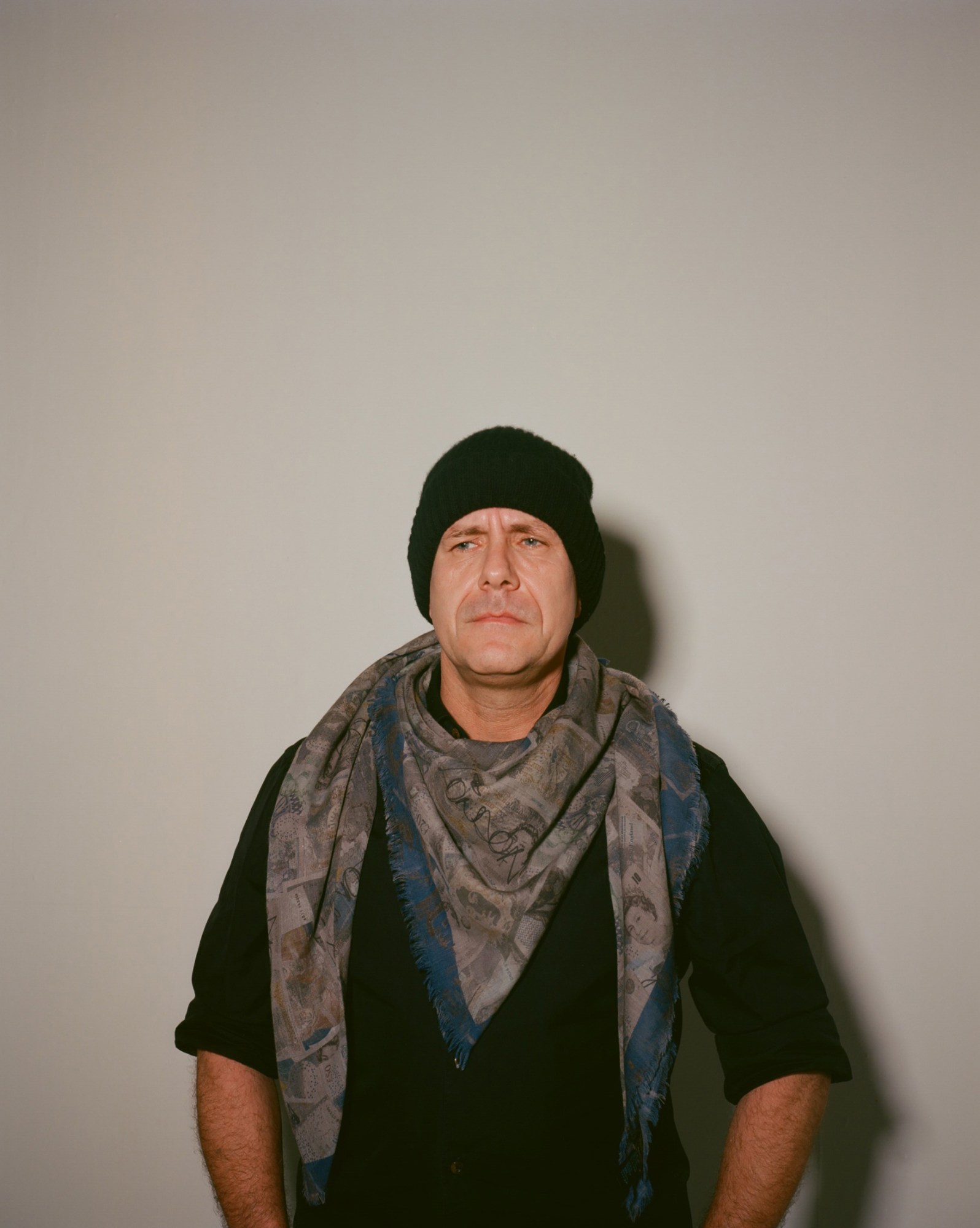
Adam, 44
What do you want to change?
The monetary system.
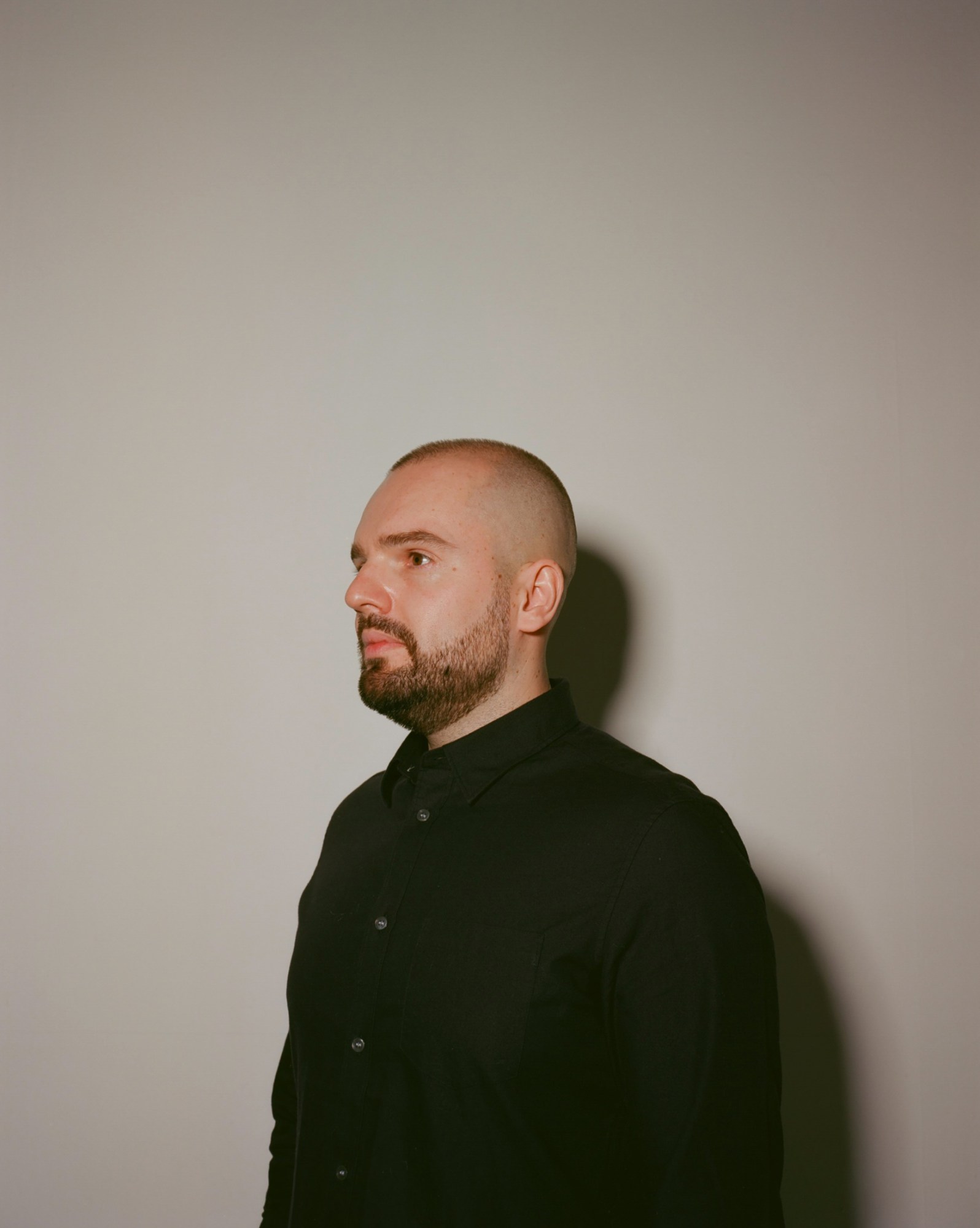
Andrew, 34
What are you fighting for?
Everyone.
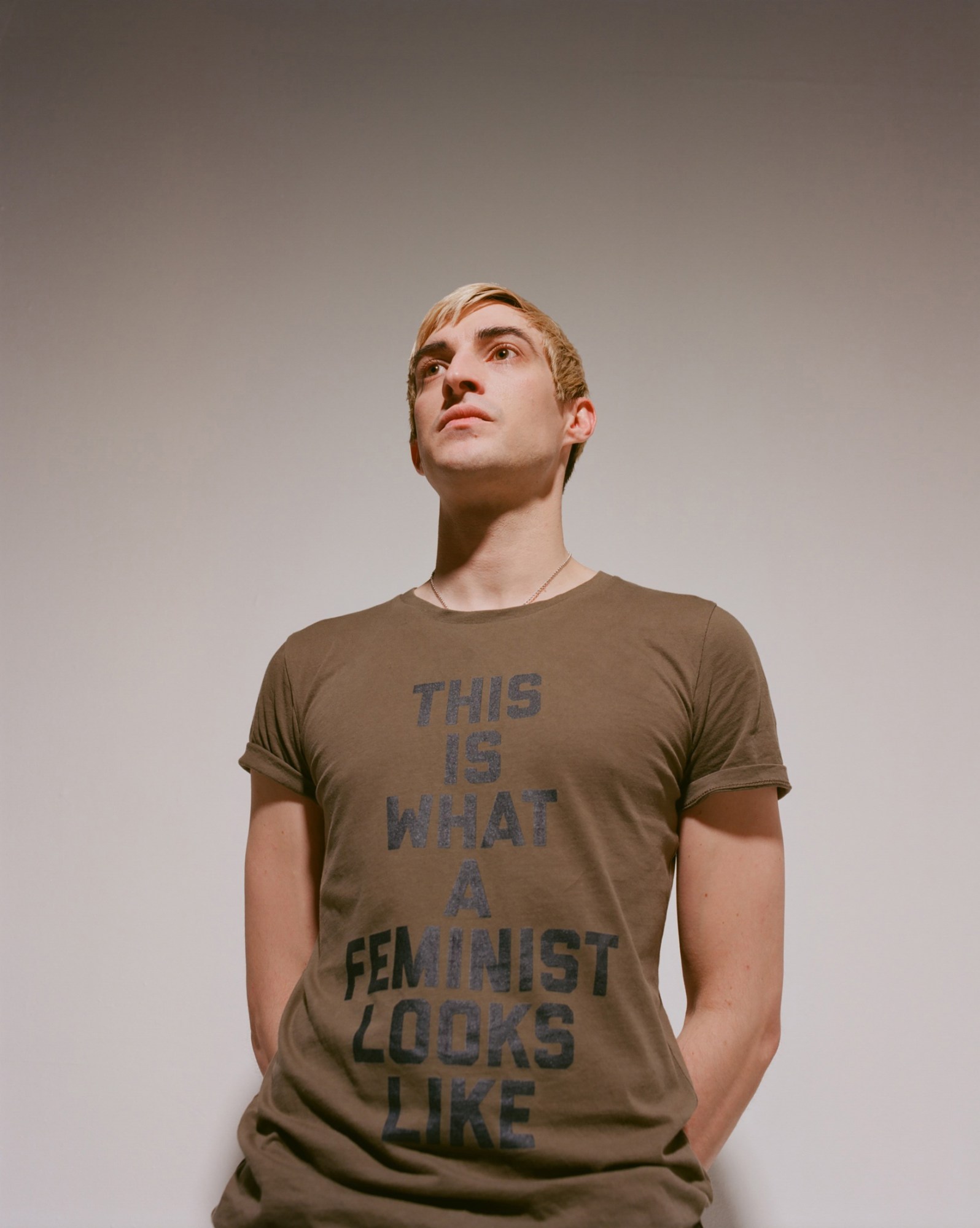
Carson, 32
What are you fighting for?
Social justice. The chance to prove that systems of oppression are fragile.
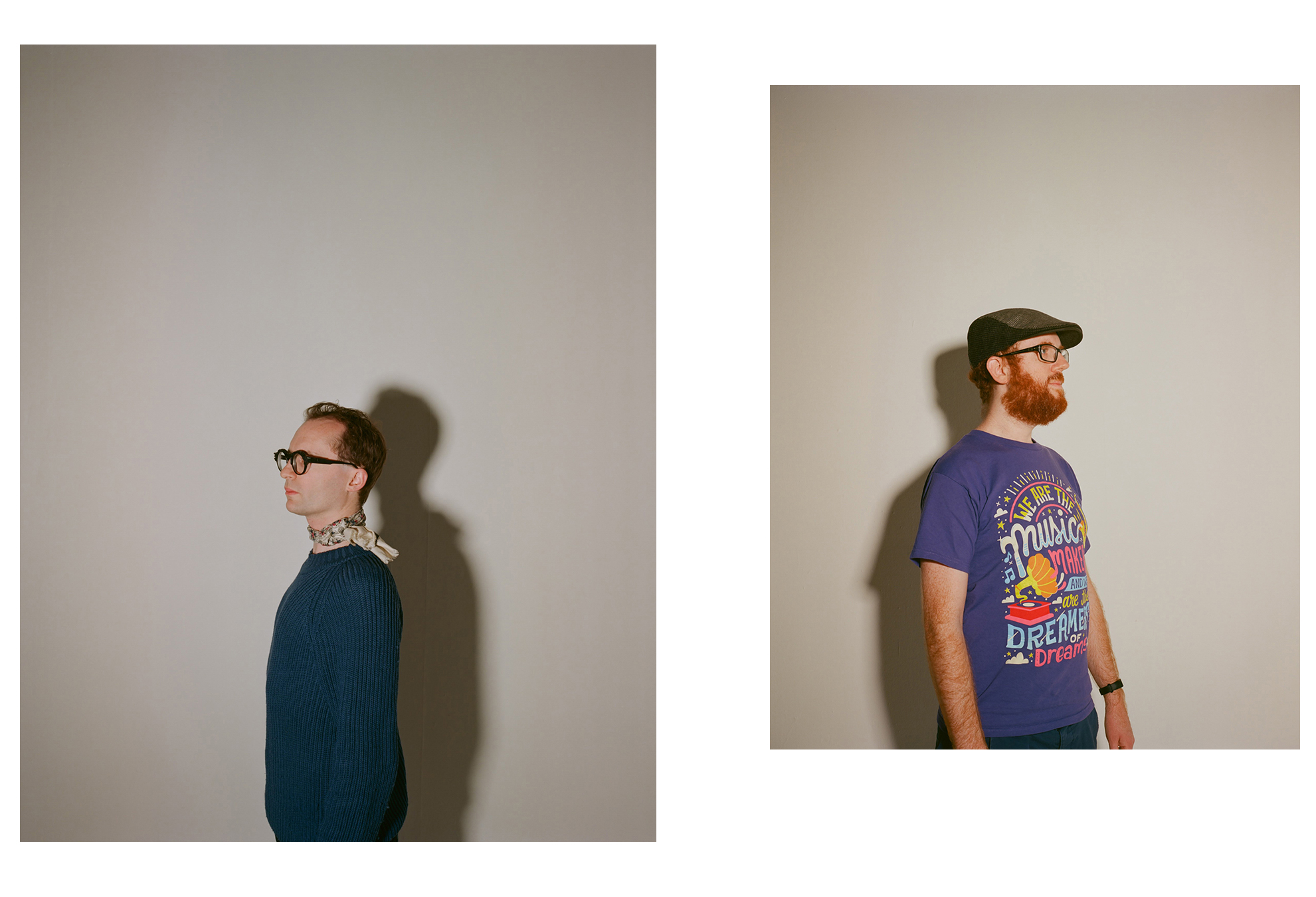
Cian, 39, and Alex, 32
What are you fighting for?
Cian: Steering technology in directions towards progress, for all of us.
What do you want to change?
Alex: Hearts, attitudes, fear into love.
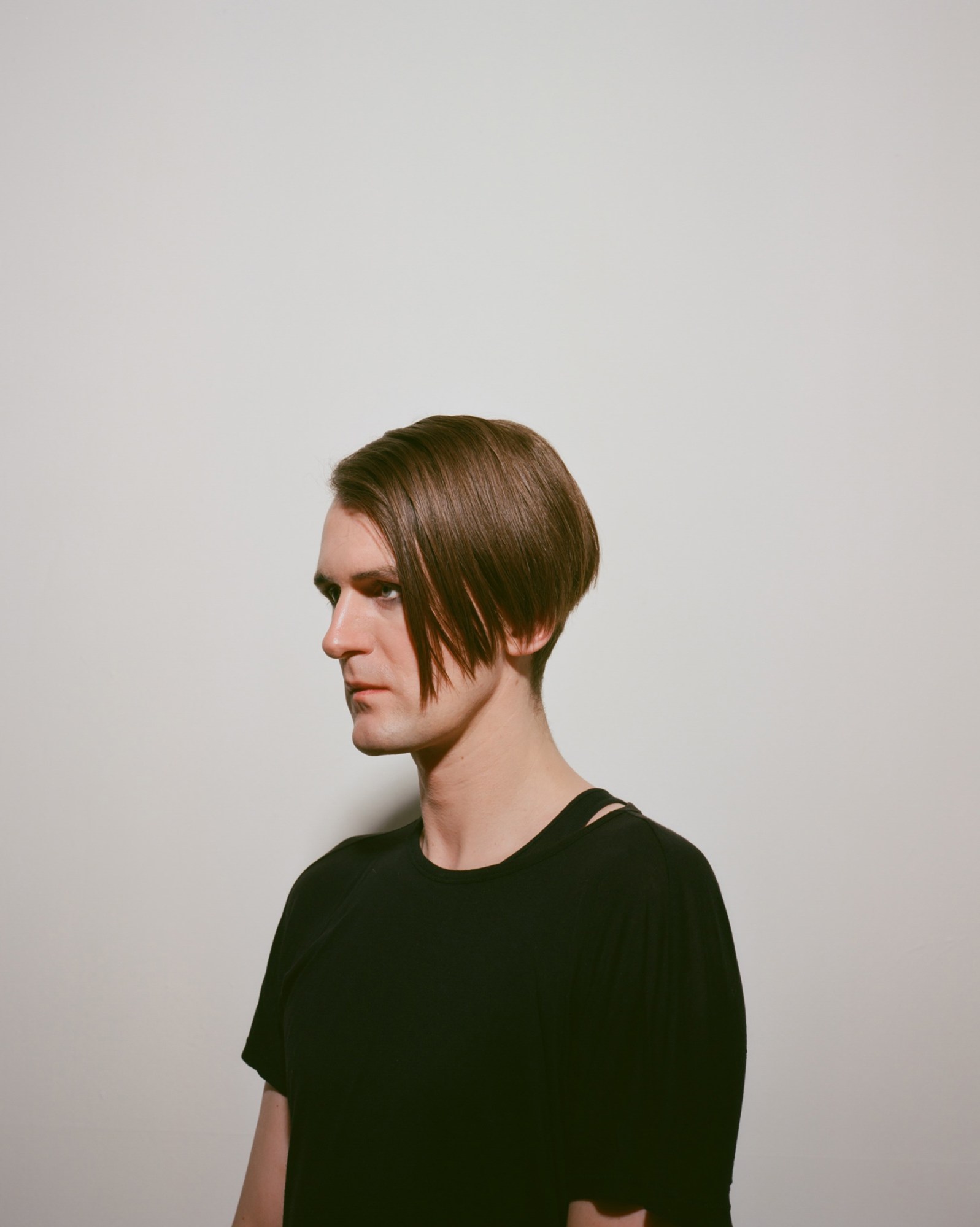
Gareth, 36
What are you fighting for?
Utopia.
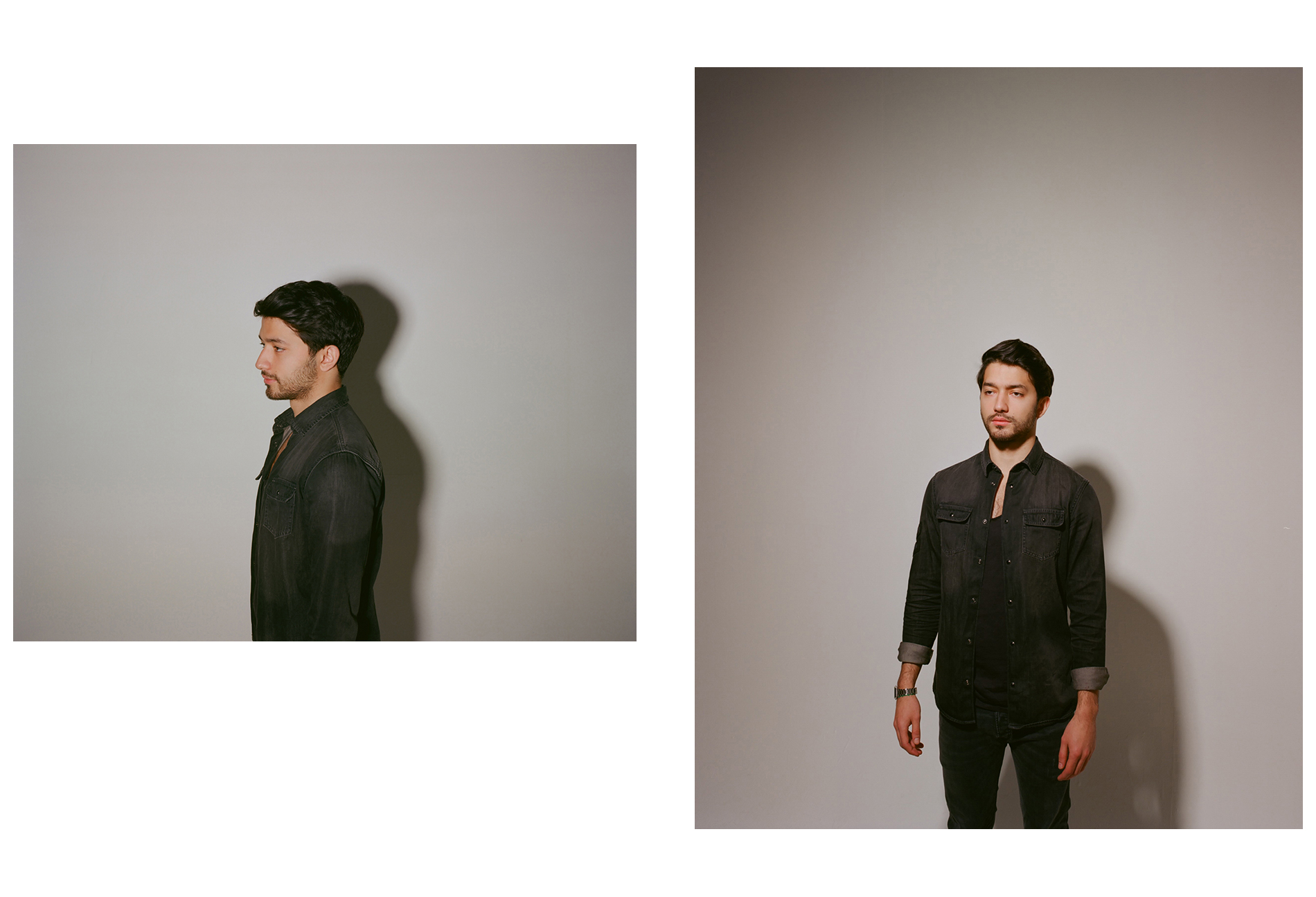
Faraz, 24
What do you want to change?
The meaning of ‘freedom.’
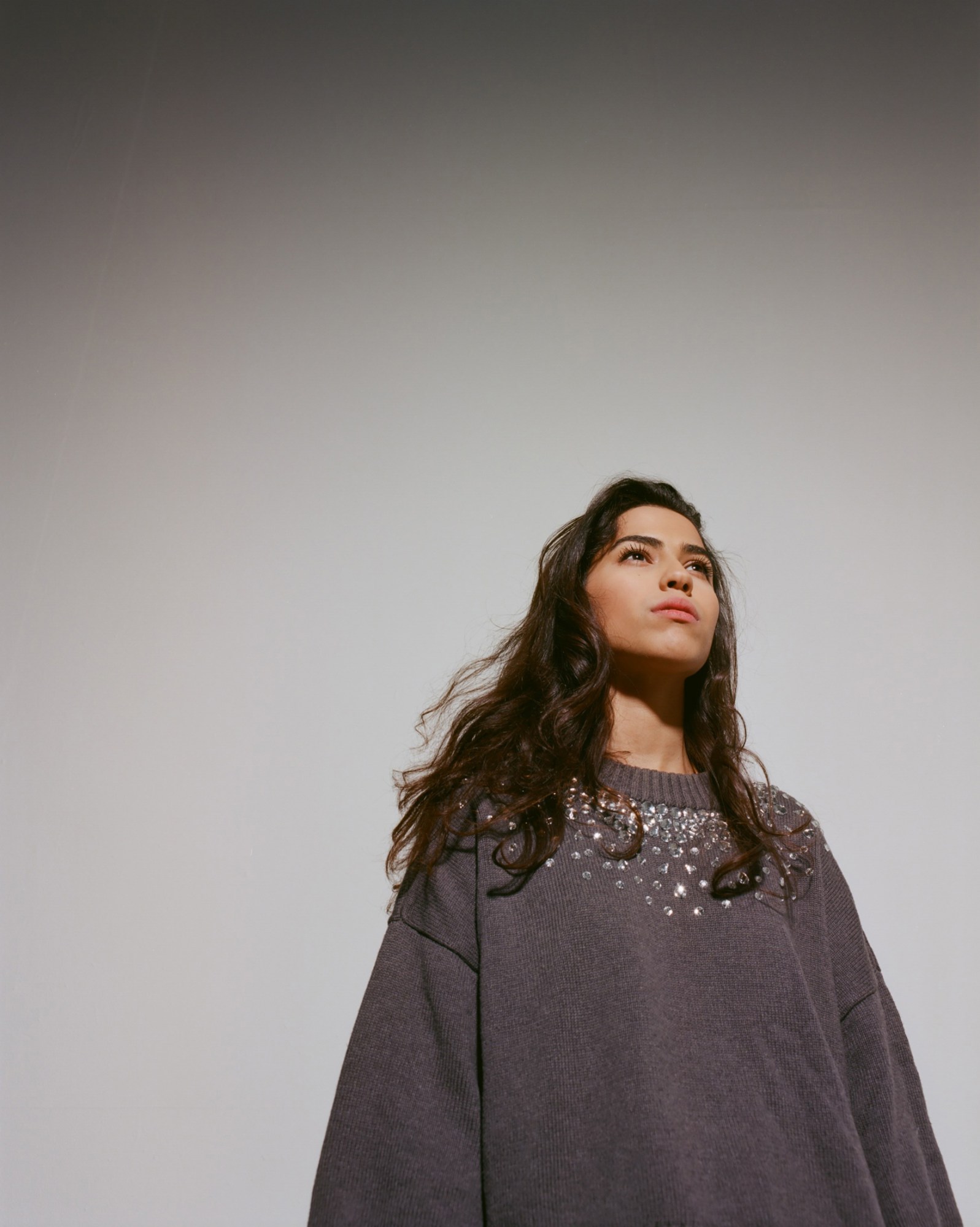
Doreen, 23
What are you fighting for?
Humanity. I’m fighting against social stigma.
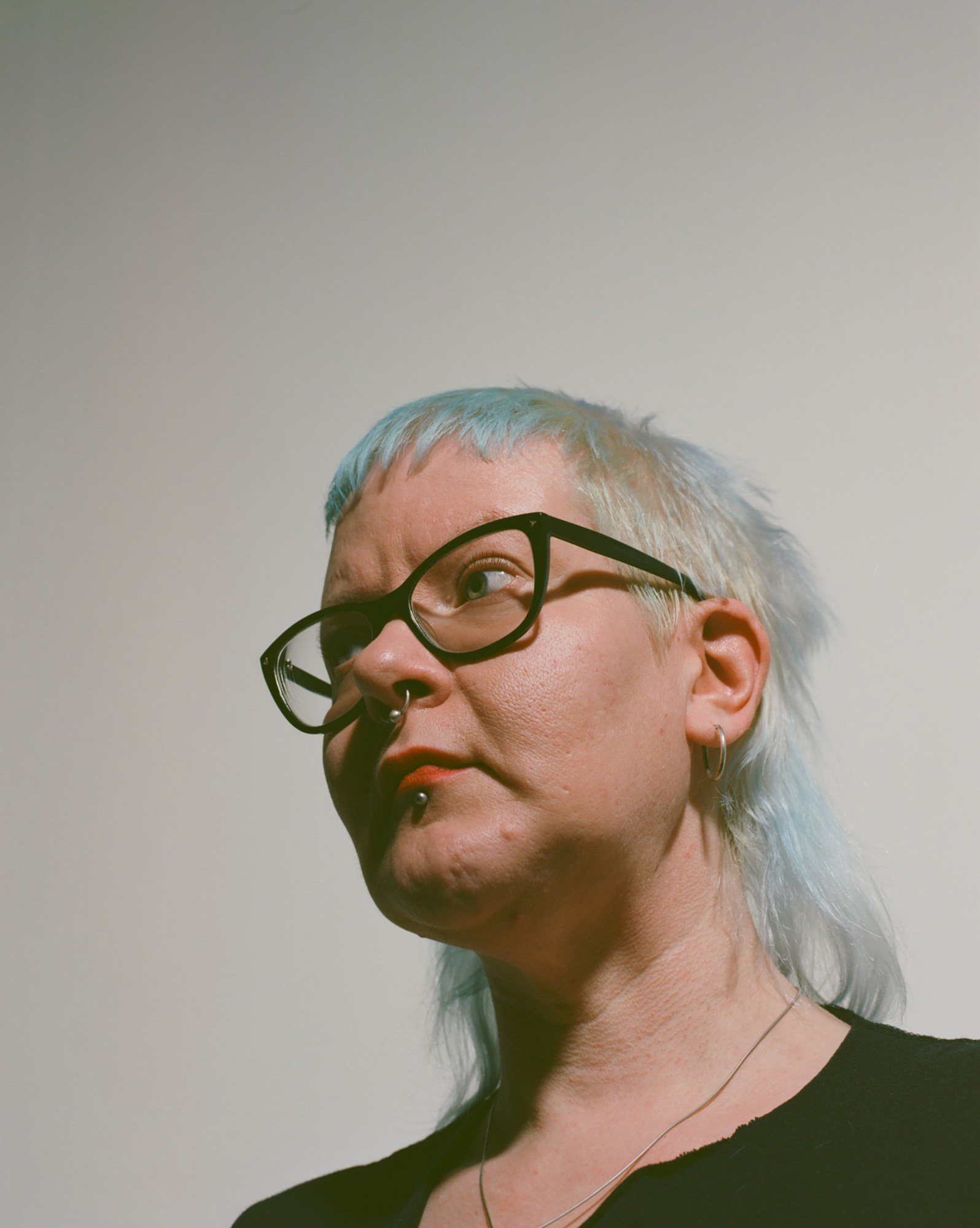
Heta, 43
What do you want to change?
If you are not fighting it, you are part of the problem. Be directly responsible. Be part of the solution.
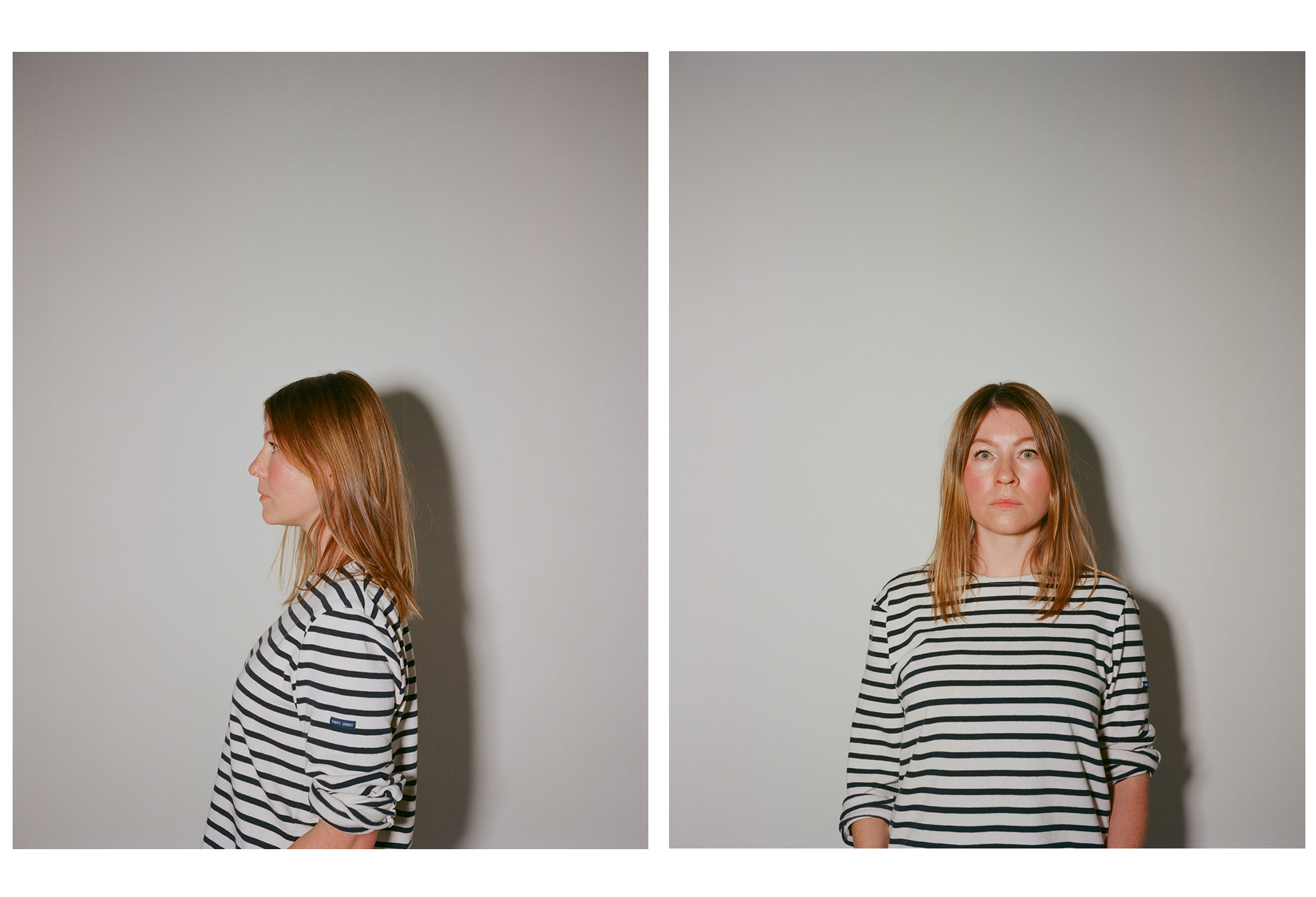
Jenny, 39
What do you want to change?
To make fashion more sustainable.
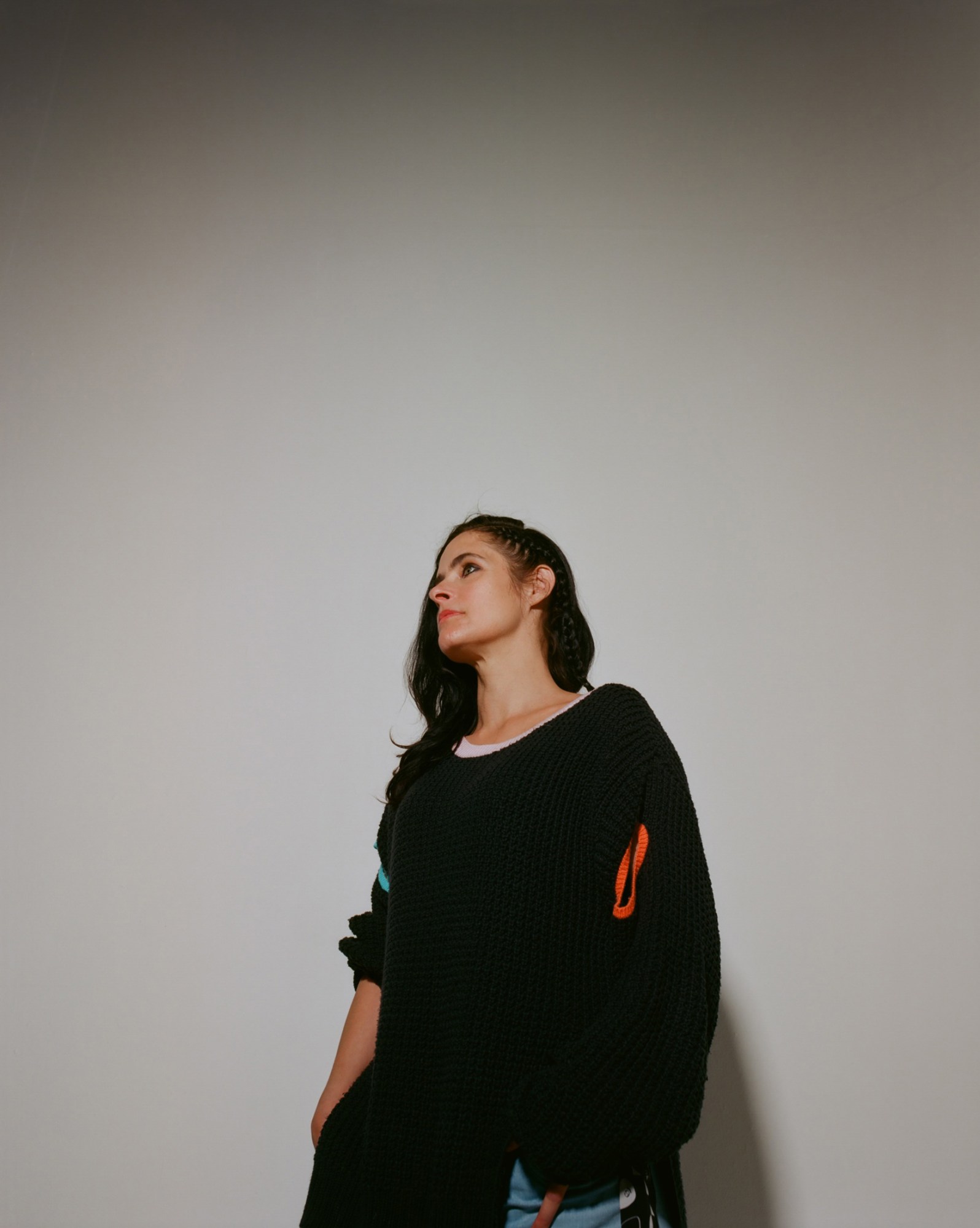
Juju, 48
What do you want to change?
The world, by choosing love. Hate is crime.
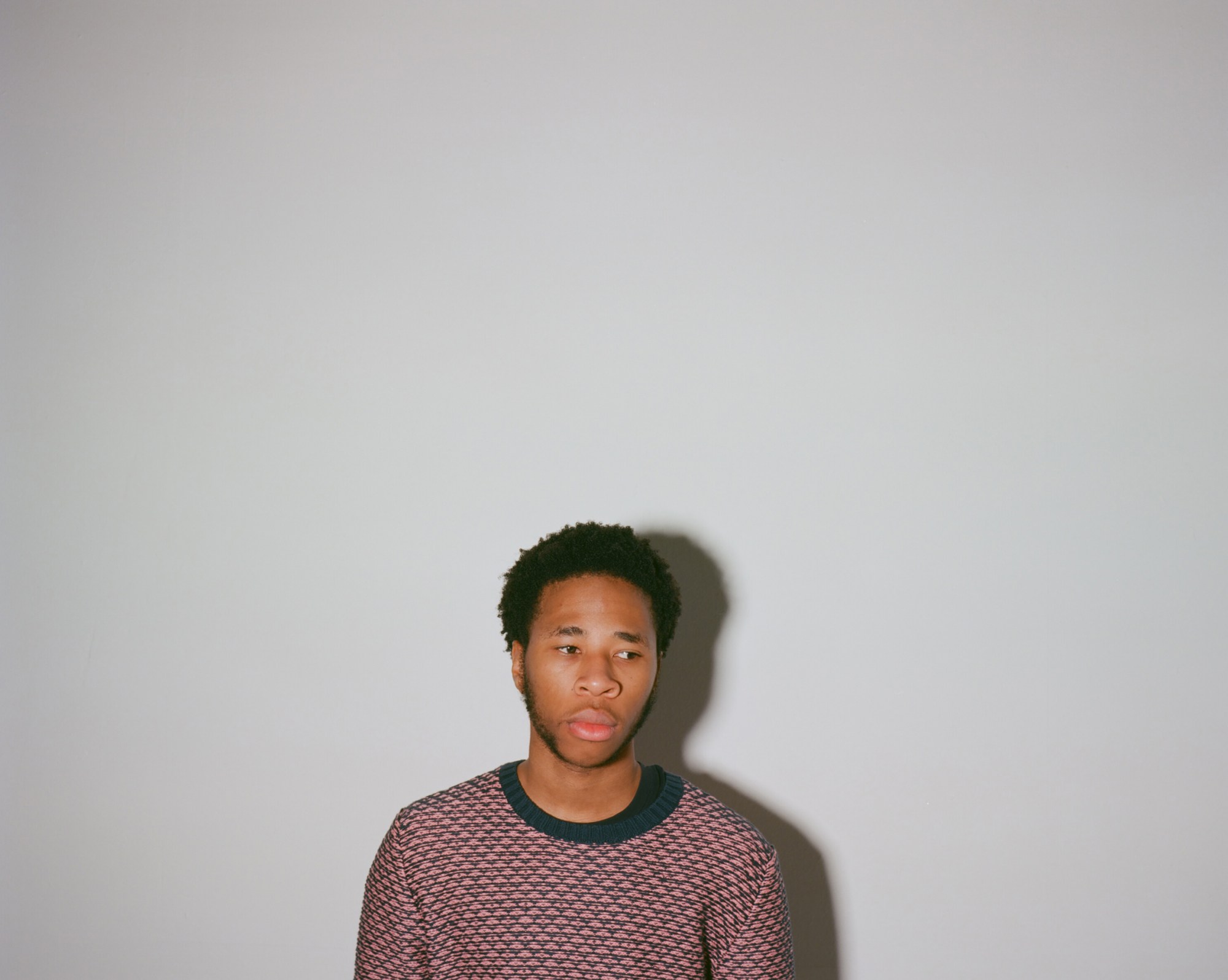
Lamine, 20
What do you want to change?
When you need a friend, depend on me. Call.
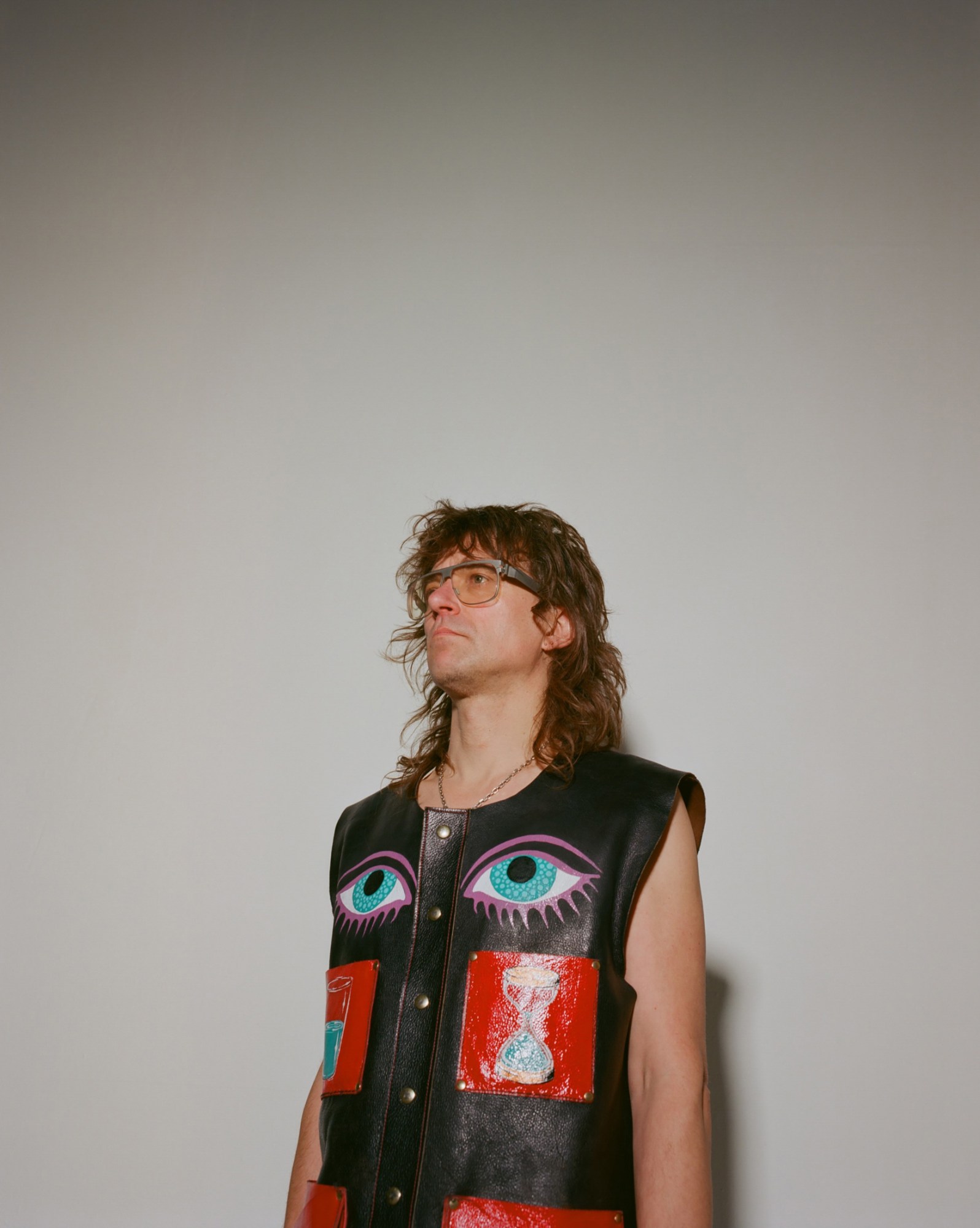
Miles, ∞
What are you fighting for?
Climate. Humanity. Change. Everything. Equality. Hope. Anarchy. Tao. Nova.
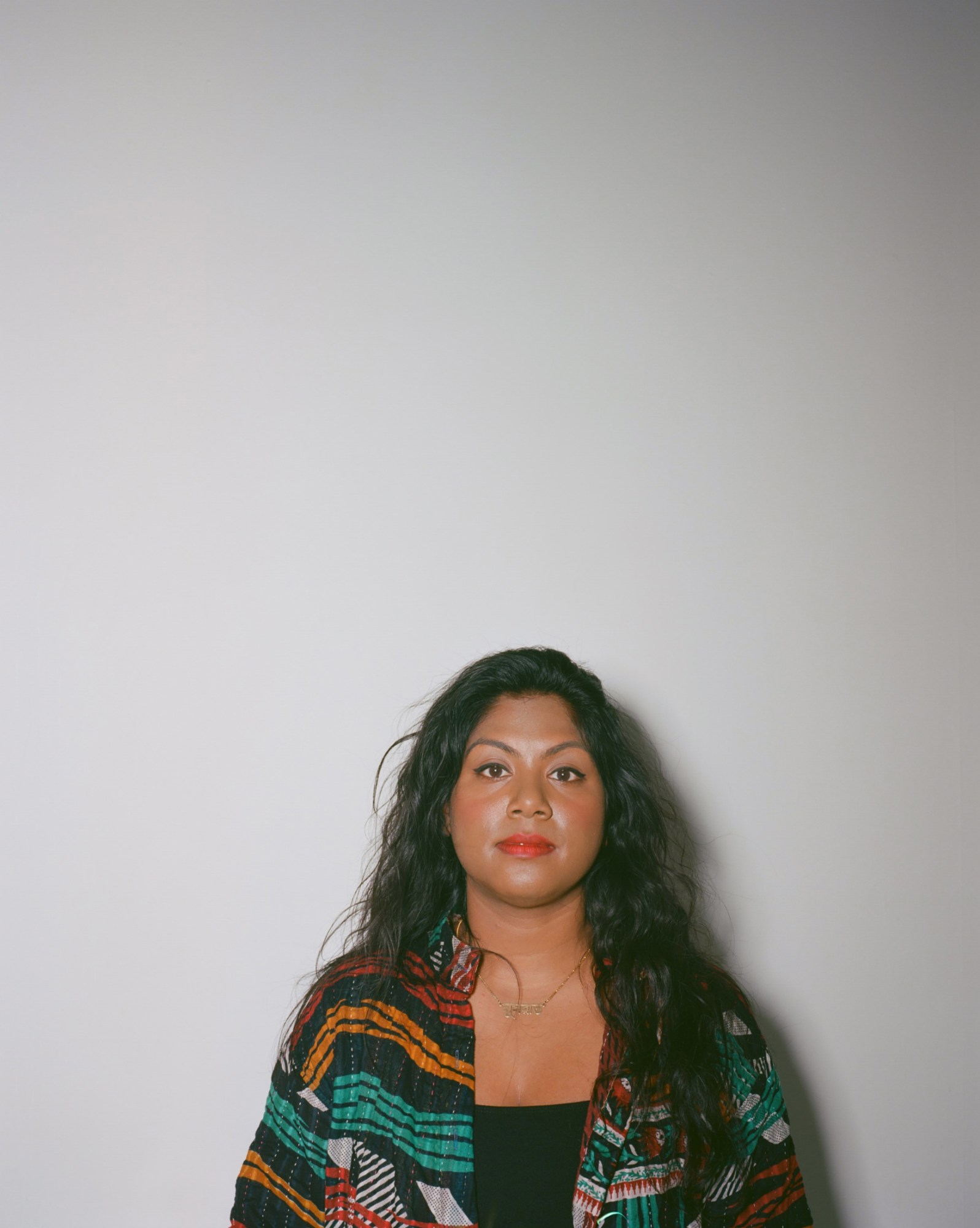
Nusrat, 36
What do you want to change?
White privilege. That we live in a world where all life does not have the same value.
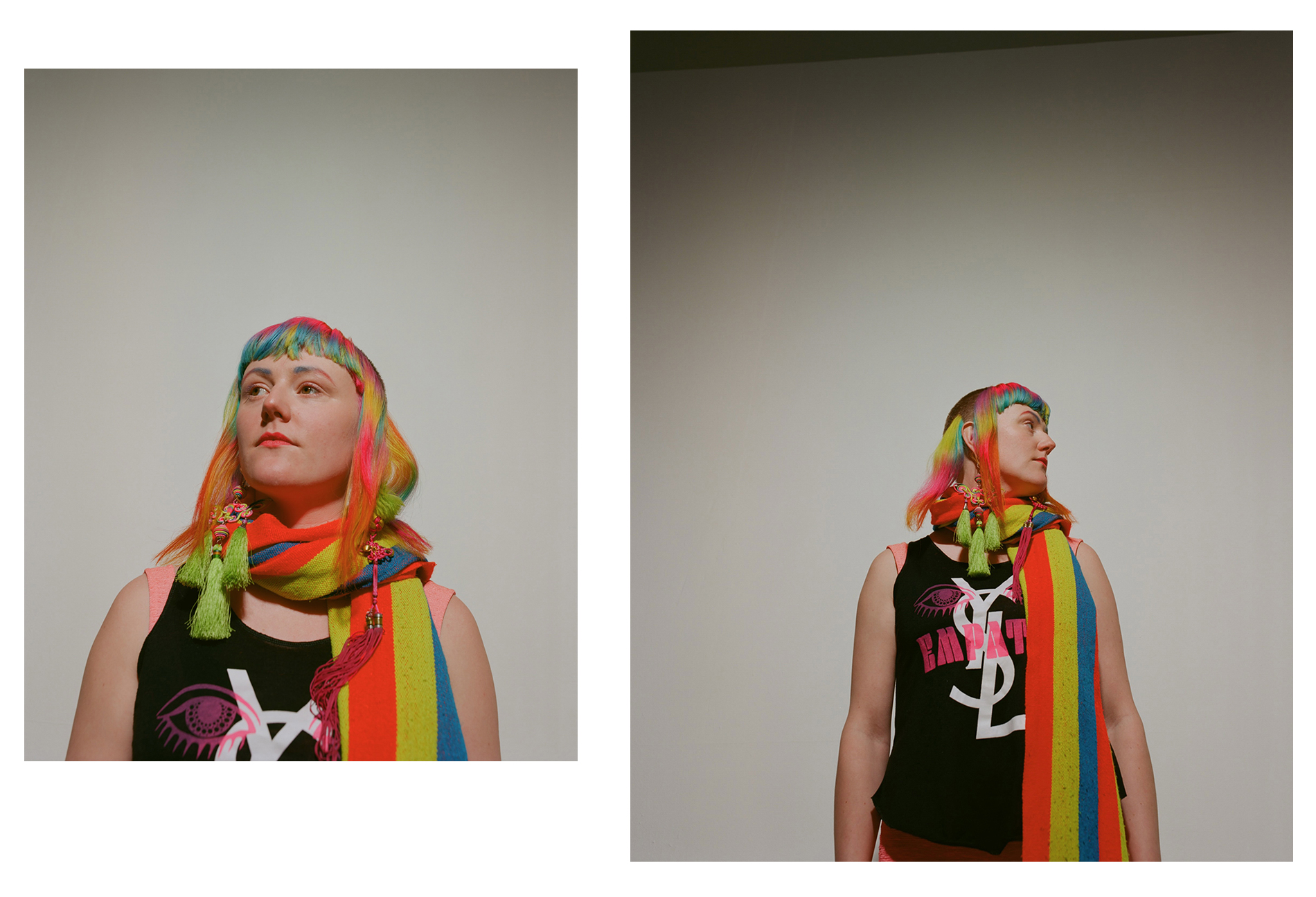
Totty, 35
What do you want to change?
Fuck shame! More empathy compassion solidarity & tender-hearted bravery.
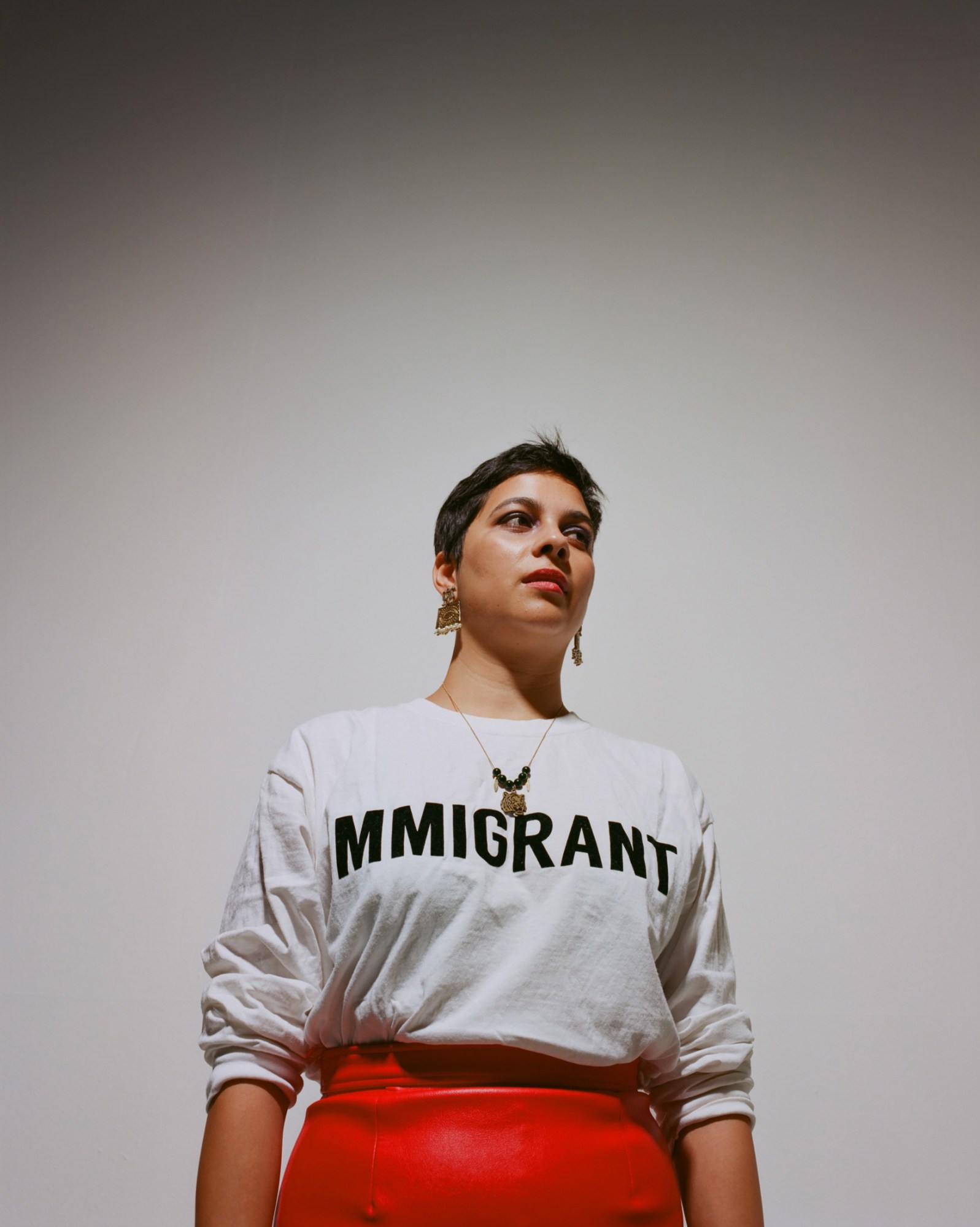
Zara, 36
What do you want to change?
Social injustice.
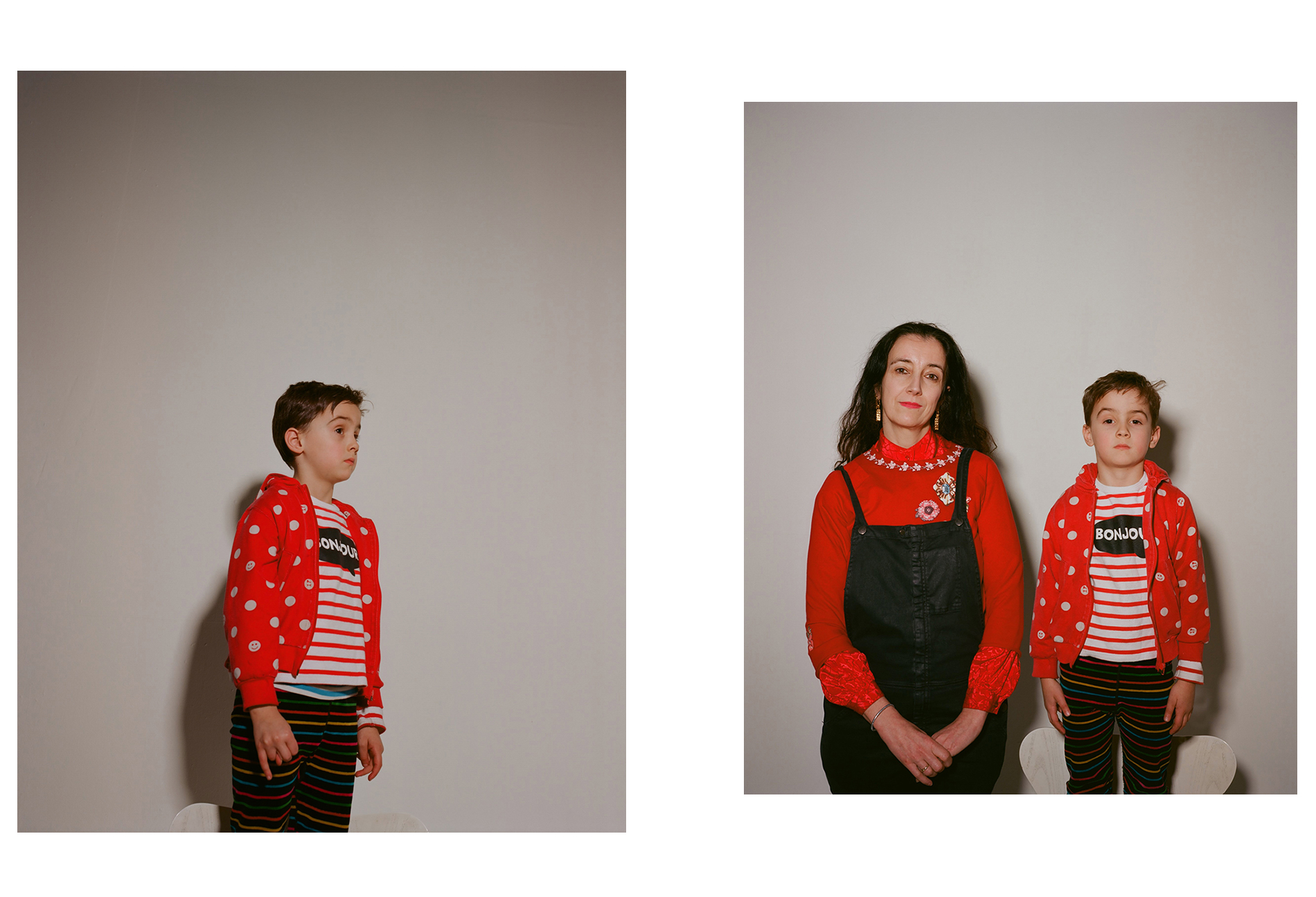
Dukey, 6, and Tamara, 48
What are you fighting for?
Dukey: To have a vote on what game to play.
Tamara: Working class, global policy and intersectional feminism.
